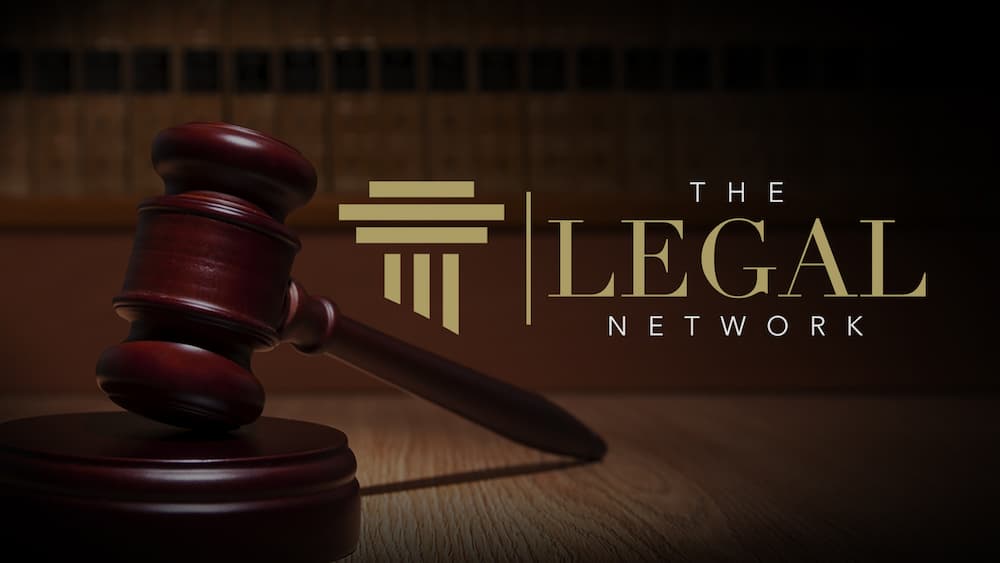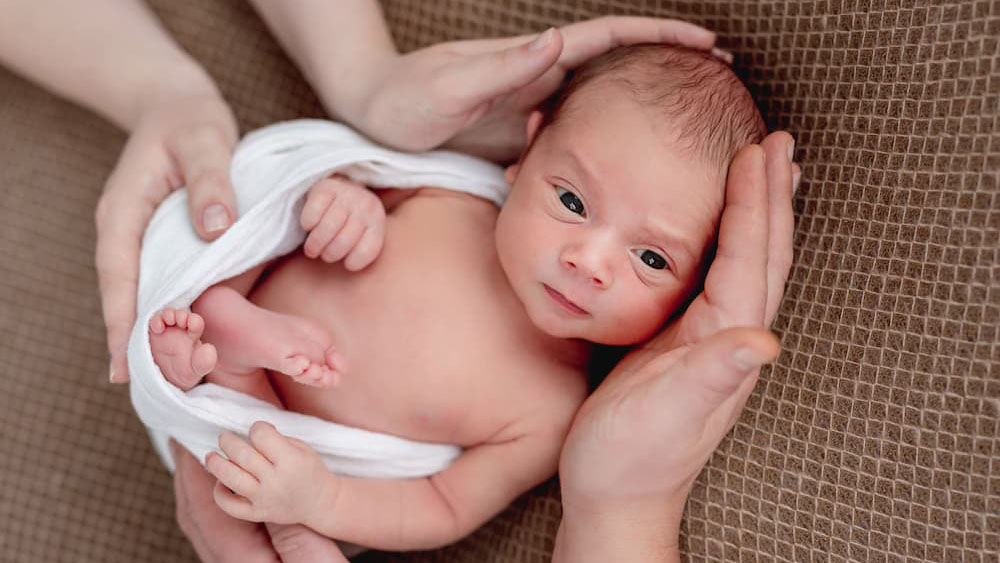History has a sobering way of revealing how societies justify the denial of rights to certain groups. From slavery to genocide, the dehumanization of others often stems not from a lack of understanding but from a willful refusal to grant them personhood. Today, this same moral blindness continues in the context of abortion, where the question is no longer whether the unborn are human but whether their humanity deserves protection
Imagine standing in a courtroom where undeniable evidence is presented, DNA, development milestones, and even undeniable images, proving the humanity of the unborn. Yet, even with this clarity, some argue that humanity alone is not enough. They claim personhood is something conferred, not inherent. This reasoning echoes some of the darkest chapters in human history. In the 1850s, millions of African Americans were denied their rights, not because they weren’t human, but because they were deemed less than persons. Slaveholders acknowledged their humanity yet refused to recognize their personhood. Similarly, during the Holocaust, Nazi ideology did not deny the Jewish people’s humanity outright. Instead, it devalued their worth, stripping them of personhood and, with it, the protection of their lives.

This disturbing pattern is present in today’s abortion debate. Science has conclusively shown that life begins at conception. From the moment of fertilization, the unborn possess unique DNA, distinguishing them from both parents. Yet, the argument persists: while they may be biologically human, they are not persons with rights. This reasoning mirrors the justifications of past atrocities, allowing convenience, prejudice, or power to dictate who is deemed worthy of protection. James 1:27 says, “Religion that God our Father accepts as pure and faultless is this: to look after orphans and widows in their distress and to keep oneself from being polluted by the world.” The unborn are among the most vulnerable, voiceless, and dependent in society. To care for them is to fulfill a mandate of compassion and justice, standing against the tide of cultural relativism that prioritizes personal choice over universal truth.
The stakes are enormous. Every year, over a million lives are ended in the name of autonomy or convenience. Each of these lives represents potential, a child who could grow into a person of faith, a friend, or a contributor to society. It’s not enough to argue biology. The moral case must be made for the inherent worth of every human life, no matter how small or dependent. Romans 12:2 encourages you to stand firm against societal norms that conflict with God’s truth: “Do not conform to the pattern of this world, but be transformed by the renewing of your mind. Then you will be able to test and approve what God’s will is, his good, pleasing and perfect will.” You’re called to reject the lie that some lives are disposable and to embrace the truth that all are created in God’s image.
The parallels between historical injustices and the current abortion crisis should not be ignored. Just as it was once legal to own another human being or to deny rights based on race, abortion laws today reflect a systemic failure to protect the most defenseless. The justification might look different, but the underlying logic, denying personhood to justify killing, is the same. This isn’t merely a political or philosophical issue; it’s deeply spiritual. The enemy thrives on lies that devalue life, sowing confusion and despair. But the Gospel offers hope. Psalm 139:13-14 declares, “For you created my inmost being; you knit me together in my mother’s womb. I praise you because I am fearfully and wonderfully made; your works are wonderful, I know that full well.” This truth affirms the intrinsic worth of every life, planned and unplanned.

So, how will you respond? It’s not enough to acknowledge the humanity of the unborn. You must advocate for their right to live, challenging cultural norms with courage and grace. Like the abolitionists who stood against slavery or the righteous who sheltered Jews during the Holocaust, your voice can make a difference. Your actions today reflect the convictions of your heart. Will you stand for life, even when it’s unpopular or inconvenient? The call is not to condemn but to shine a light on truth, offering compassion to those who feel trapped by circumstances and pointing them toward a God who values every soul.
Ephesians 4:15 calls you to speak truth in love: “Instead, speaking the truth in love, we will grow to become in every respect the mature body of him who is the head, that is, Christ.” Truth and love are not mutually exclusive. By combining them, you can effectively reach hearts and minds, offering hope and redemption in a culture that desperately needs it. History will judge this generation’s response to the abortion crisis. Will future generations look back and see courage, conviction, and Christ-like compassion? Or will they see silence and complicity? The choice is yours. Stand firm in the truth, and let your voice be one that defends the voiceless and points others to the transformative power of Jesus Christ.



